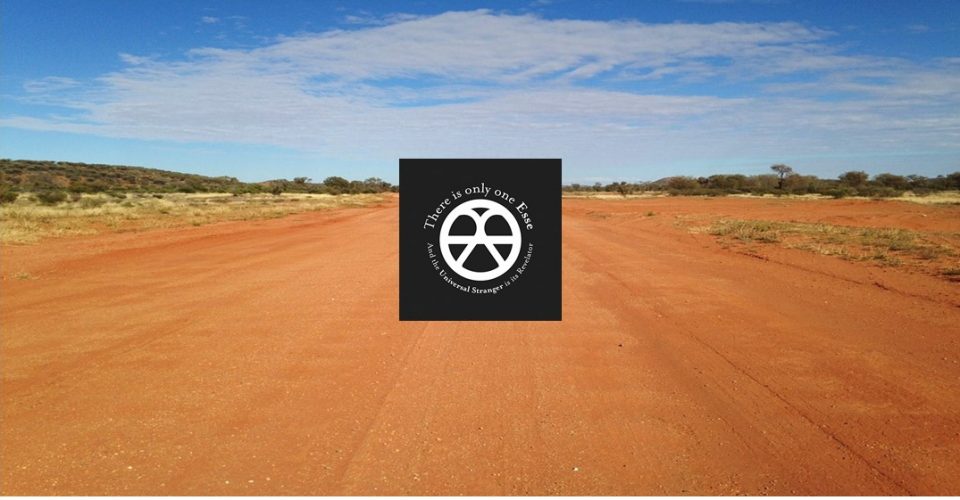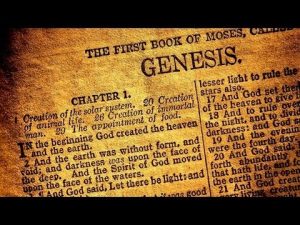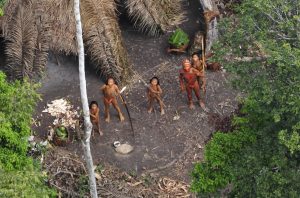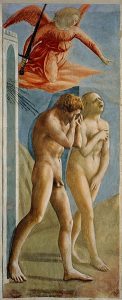Rody – you asked me to expand on my ideas about Genesis, as discussed during our well lubricated lunch with Ms Drysdale some weeks ago. As you will recall, they’re more about Adam and Eve and the Fall than any other part of the book. They’re not particularly well informed or thought through, so consider them not so much as opinions but more as speculations to which I would welcome your intelligent and critical response.
Firstly, let me make clear that I, like you, do not take the Bible literally or believe in the supernatural. I do regard the Bible, however, as important source literature, not only for understanding key aspects of Western history, but also for helpful insights into the human condition. Like all great literature, it’s a repository of profound psychological truths.
Insights into the human condition (Alltime 10s, YouTube)
My starting point in thinking about this subject is to remind myself of the historical perspective. As my favourite historian J. M. Roberts points out, humans have existed more than 20 times longer than the civilisations they have created (indeed, as the picture below reminds us, not all of today’s humans are “civilised”). That alone is a clue to understanding much about the human condition: civilisation occurs relatively recently in our development, and we’re still getting the hang of it. In this I subscribe to the Stranger’s Alienation Theory of History: that alienation has been a permanent structural feature of settled societies since they began, its origin traceable back to the Neolithic and the emergence of agrarianism alongside the established hunter-gatherer mode of existence—a major divergence in the human lifestyle, and a new and more polarising cause of social and cultural estrangement. (This is all theory, remember.)
We’re all still trying to get the hang of civilisation…. (© Gleison Miranda/FUNAI/www.uncontactedtribes.org)
Using this idea as a lens through which to read Genesis, the story can be interpreted as a symbolic account of this primeval disruption (with which, surely, our own highly disrupted age can find some sympathy). Adam and Eve are foragers in a pristine environment which, I’m tempted to think, might be a poetic evocation of the landscapes left by the retreating Ice Ages, as remembered in the oral traditions of stories handed down since prehistory (I tend to get a little carried away on points like this, so please be patient). There’s a (no doubt tenuous) school of thought that suggests one of the drivers of agrarian settlement was the discovery of the pleasures to be derived from ingesting fermented fruit, and the application of this discovery to religious rituals. The Genesis story links the Fall to a change of consciousness in Adam and Eve, which occurred after they ate the forbidden fruit; perhaps that change of consciousness is analogous to that which occurs after drinking too much alcohol! Again, this is fanciful speculation on my part, but I note that a recurring theme for Roberts is the extent to which human history – or at least the story of human development – is the story of our changing (or growing) consciousness. According to Genesis, a change in consciousness caused humanity’s downfall.
Changed consciousness (Masaccio’s Expulsion of Adam and Eve from Paradise)
On this reading, the Fall represents the loss of human connection with the natural environment because of the growth of settled communities and the challenge they represented to the hunter-gatherer lifestyle in terms of territorial claims, religious beliefs and cultural values. It’s worth noting in this context that Genesis was written, according to Wikipedia, “either just before or during the Babylonian exile of the 6th century BC, and the Priestly final edition was made late in the Exilic period soon after”. For the Jews in exile, the tale might have been a way of rationalising and “owning” their alienation in a great foreign city. Like the 40 years in the wilderness, the experience was formative: some important identifying characteristics of Jewish culture, such as the observance of the Sabbath, were established during this period.
Adam and Eve left Eden and went to the land of Nod—a Hebrew word for “wandering” or “wander”. They became the eternal outsiders – the first Universal Strangers, perhaps?
Regards,
Lizard



